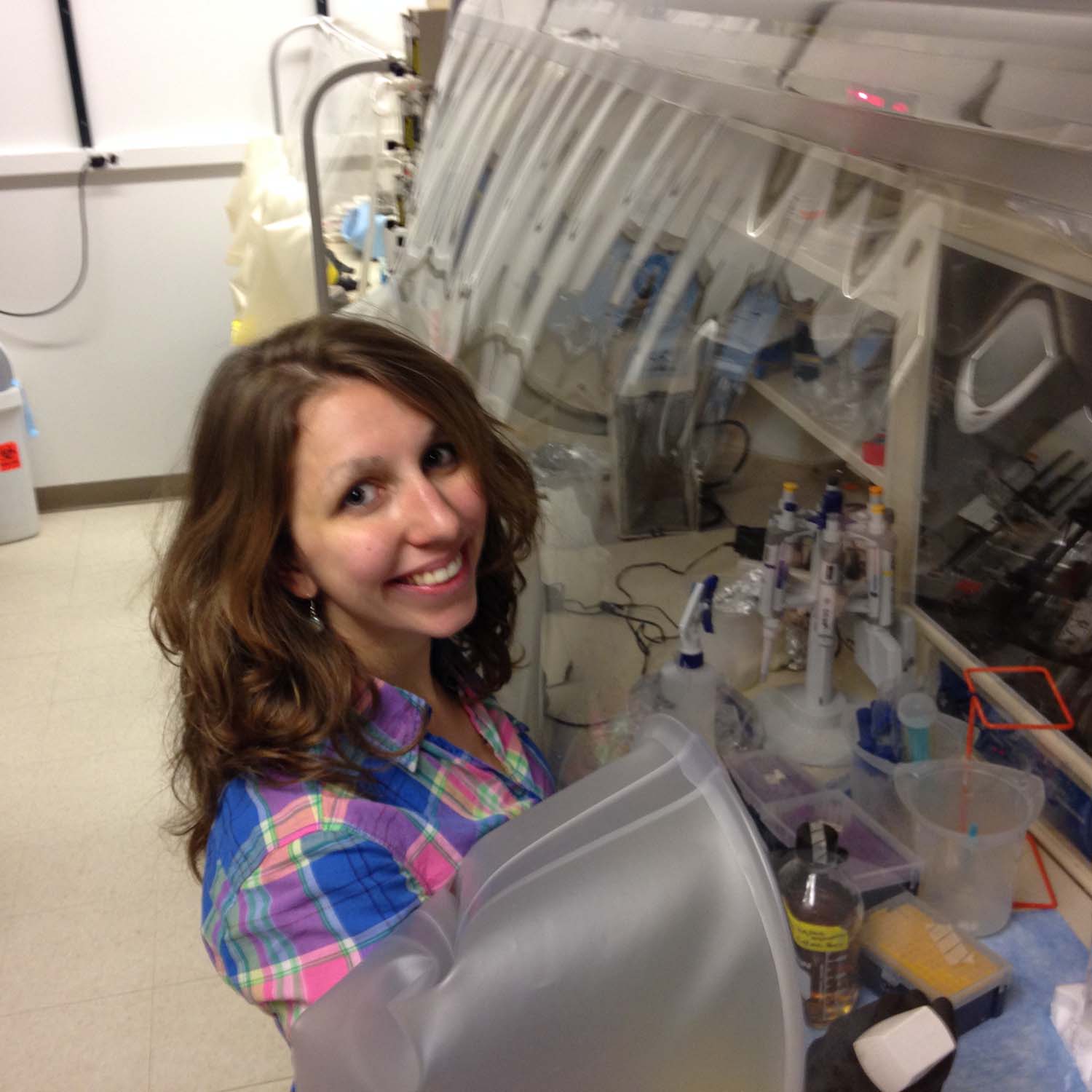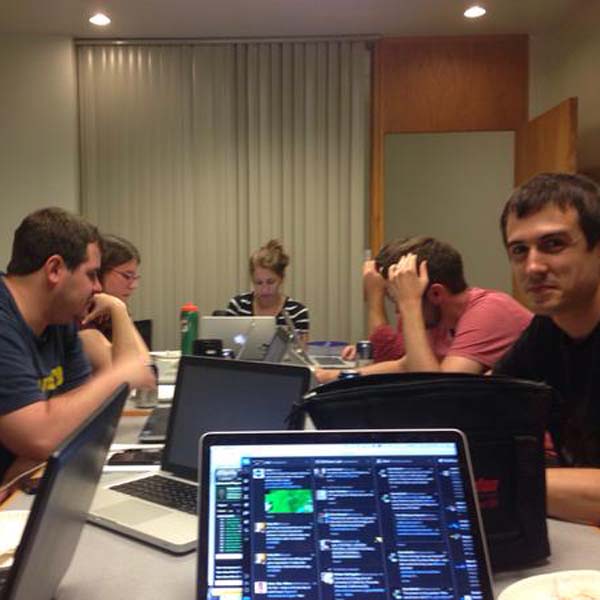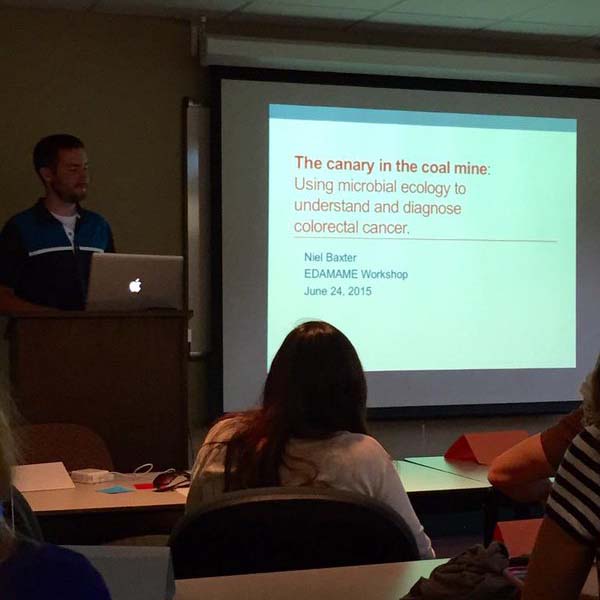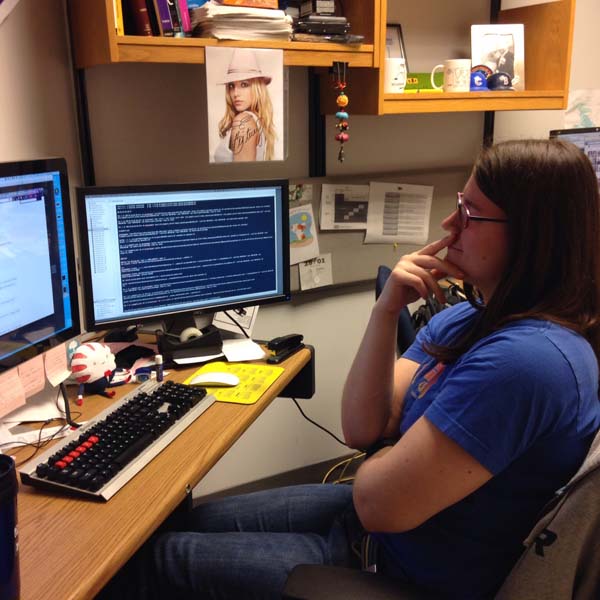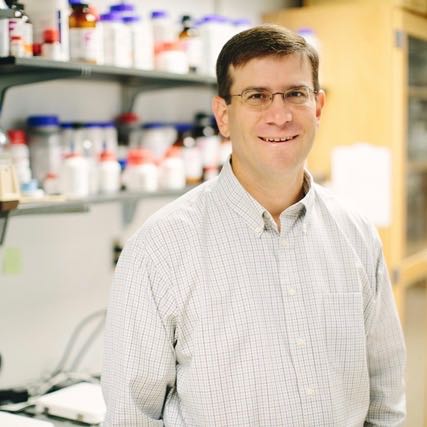
Our Mission
Nearly 130 years later, our research group shares the dedication of Theodor Escherich as we try to understand the role of the gut microbiota in Clostridium difficile infections and the progression of colorectal cancer. Since Escherich found the causative agent for diarrhea, what we now call E. coli, a lot has happened in science. We now have a far better understanding of microbiology, molecular biology, ecology, evolutionary theory, and statistics. Our research group is dedicated to integrating across disciplines to advance our knowledge of the role of the microbiome in human health. Human microbiome research is experiencing an amazing period of growth and we are helping to lead that effort. If you are interested in learning more about our work please explore this site and feel free to contact Pat with any questions.
Hail to the Victors Valiant
We are fortunate to reside within the Department of Microbiology & Immunology at the University of Michigan School of Medicine. Our department has a rich history spanning the last 100 years. Our laboratory is in the Medical Science Research Building I within the University of Michigan's Host-Microbiome Initiative. We have direct access to DNA sequencers, robotics, animal facilities, and anaerobic chambers. Over the years we have benefited from rich collaborations with diverse colleagues within and beyond the School of Medicine. These have included Drs. Vincent Young, Mack Ruffin, Jenna Wiens, Elena Stoffel, Marcy Balunas, and Grace Chen. With great clinical collaborators and generous patients, we are able to insure that our results have the greatest possible relevance. It's hard to imagine a better environment to carry out microbiome research today.

